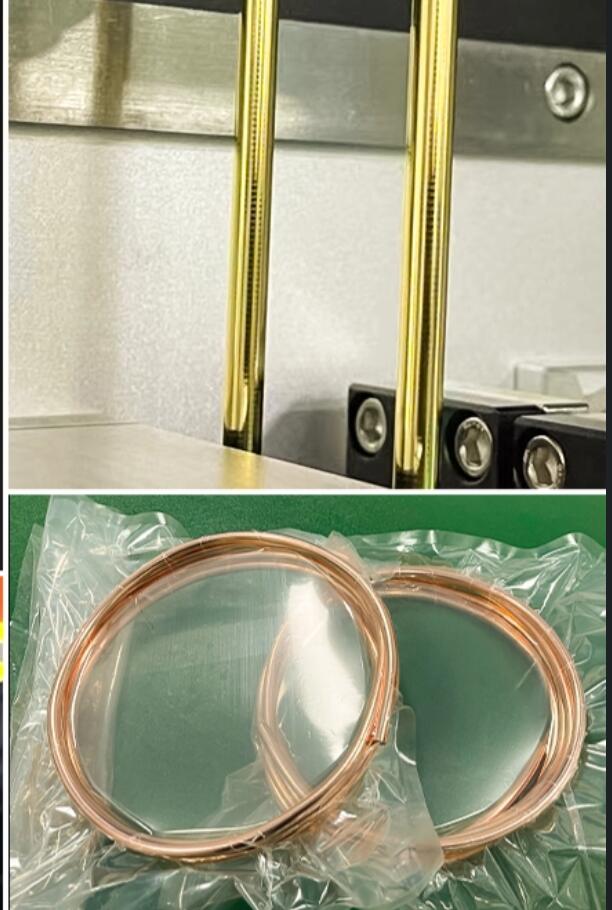1. What is metallurgical continuous vacuum casting?

Metallurgical continuous vacuum casting is a new type of casting method that melts metal under vacuum conditions and injects it into a mold to manufacture metal products through cooling and solidification of the mold. Continuous vacuum casting has advantages over traditional methods such as high efficiency, high precision, and low energy consumption.
2. Equipment commonly used in vacuum casting
The commonly used equipment for vacuum casting mainly includes vacuum furnaces, vacuum casting machines, casting molds, etc. Among them, vacuum furnace is a key equipment necessary for preparing high-quality castings, which can provide a stable vacuum environment to ensure the quality and performance of castings.
3. Process and process
The technology and process of continuous vacuum casting are relatively complex, requiring multiple steps such as preheating, vacuum treatment, melting, pouring, solidification, etc. Among them, vacuum treatment is the core process of metallurgical continuous vacuum casting, which can effectively remove gases and impurities in the metal, ensuring the quality and surface smoothness of the casting.
4. Solutions to common problems
In the process of continuous vacuum casting in metallurgy, common problems include overheating of the crystallizer, metal splashing, poor gas release, and porosity. The methods to solve these problems include optimizing the design of the crystallizer, adjusting the heating system, and improving the pouring process.
5、 Summary
The application of metallurgical continuous vacuum casting technology not only improves the quality and performance of castings, but also improves production efficiency and saves energy. With the continuous development of the manufacturing industry, metallurgical continuous vacuum casting will be widely used and become an important technology in the future casting industry.
What are the advantages and disadvantages of vacuum casting?
Vacuum casting is a process of casting in a vacuum environment, which has some advantages and challenges compared to traditional casting methods. Here are some advantages and disadvantages of vacuum casting:
Advantages:
High quality products: Vacuum environment can effectively reduce the contact between metals and gases such as oxygen and nitrogen in the air, thereby reducing oxidation and other pollution, which helps to produce high-quality and high-purity metal and alloy products.
Precision control: During the vacuum casting process, factors such as temperature, pressure, and atmosphere can be more precisely controlled, making the composition and properties of the product more uniform and consistent, thereby improving the precision of the product.
Reducing porosity and inclusions: Due to the low gas content in the vacuum environment, it helps to reduce porosity and inclusions in casting, improving the uniformity and density of the product.
Suitable for high melting point alloys: Vacuum casting is suitable for the casting of high melting point metals and alloys because in a vacuum environment, the melting point of these materials is reduced, which helps to better control the casting process.
Environmental protection: The vacuum casting process reduces the generation of gas and solid waste, making it relatively more environmentally friendly.
Disadvantages:
High equipment cost: Vacuum casting equipment is usually more expensive because it requires special design and highly precise control systems.
Complex maintenance: The maintenance and operation of vacuum equipment are relatively complex, requiring professional knowledge and skills.
Relatively low production efficiency: Compared to some traditional casting methods, vacuum casting may have lower production efficiency, especially for large-scale production.
Limited scope of application: Vacuum casting is mainly used in fields that require extremely high product quality and high-purity metals, which may appear too complex and expensive for general applications.
Overall, vacuum casting is an advanced technology suitable for specific application areas, and the trade-off between advantages and disadvantages depends on specific production needs and requirements.
Hasung vacuum continuous casting machine will meet the demand for high-quality alloys in various industries.
Post time: Mar-27-2024











